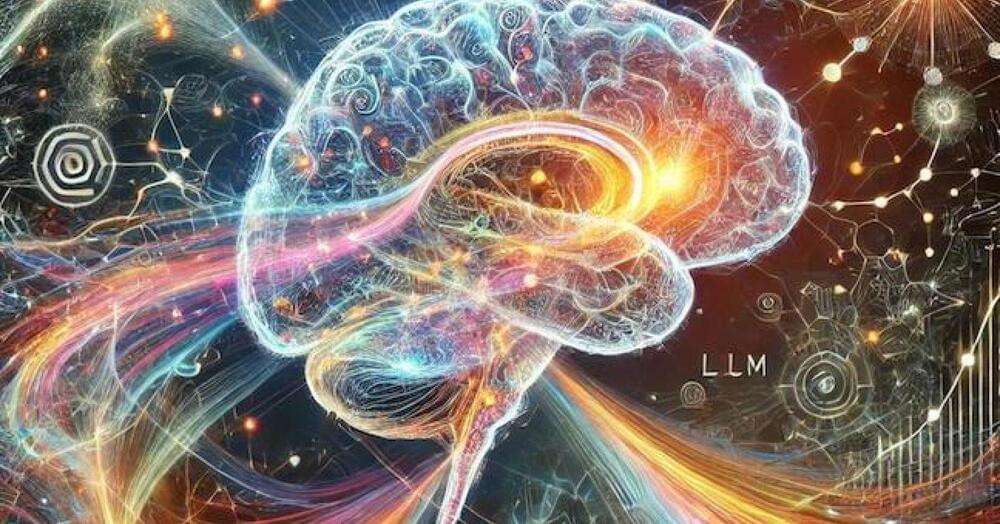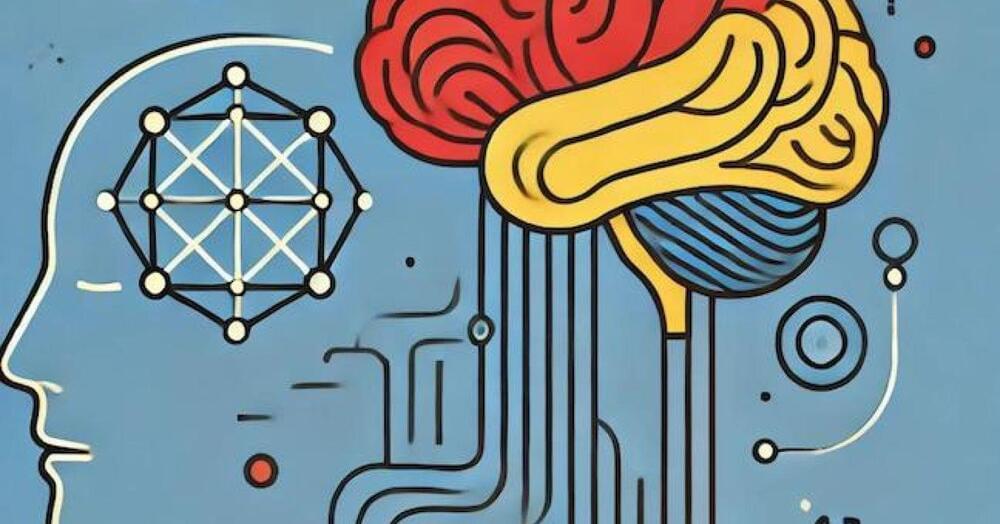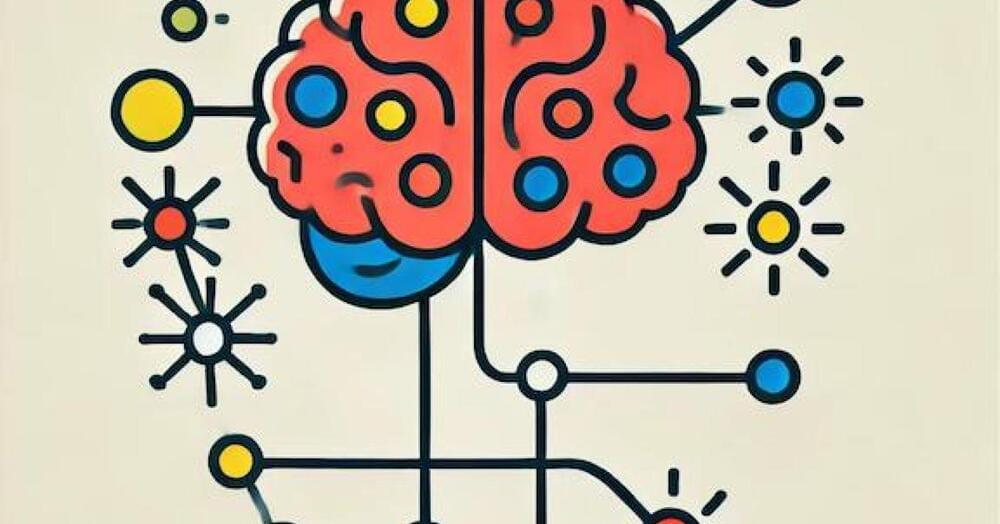LLMs don’t just memorize word pairs or sequences—they learn to encode abstract representations of language. These models are trained on immense amounts of text data, allowing them to infer relationships between words, phrases, and concepts in ways that extend beyond mere surface-level patterns. This is why LLMs can handle diverse contexts, respond to novel prompts, and even generate creative outputs.
In this sense, LLMs are performing a kind of machine inference. They compress linguistic information into abstract representations that allow them to generalize across contexts—similar to how the hippocampus compresses sensory and experiential data into abstract rules or principles that guide human thought.
But can LLMs really achieve the same level of inference as the human brain? Here, the gap becomes more apparent. While LLMs are impressive at predicting the next word in a sequence and generating text that often appears to be the product of thoughtful inference, their ability to truly understand or infer abstract concepts is still limited. LLMs operate on correlations and patterns rather than understanding the underlying causality or relational depth that drives human inference.




